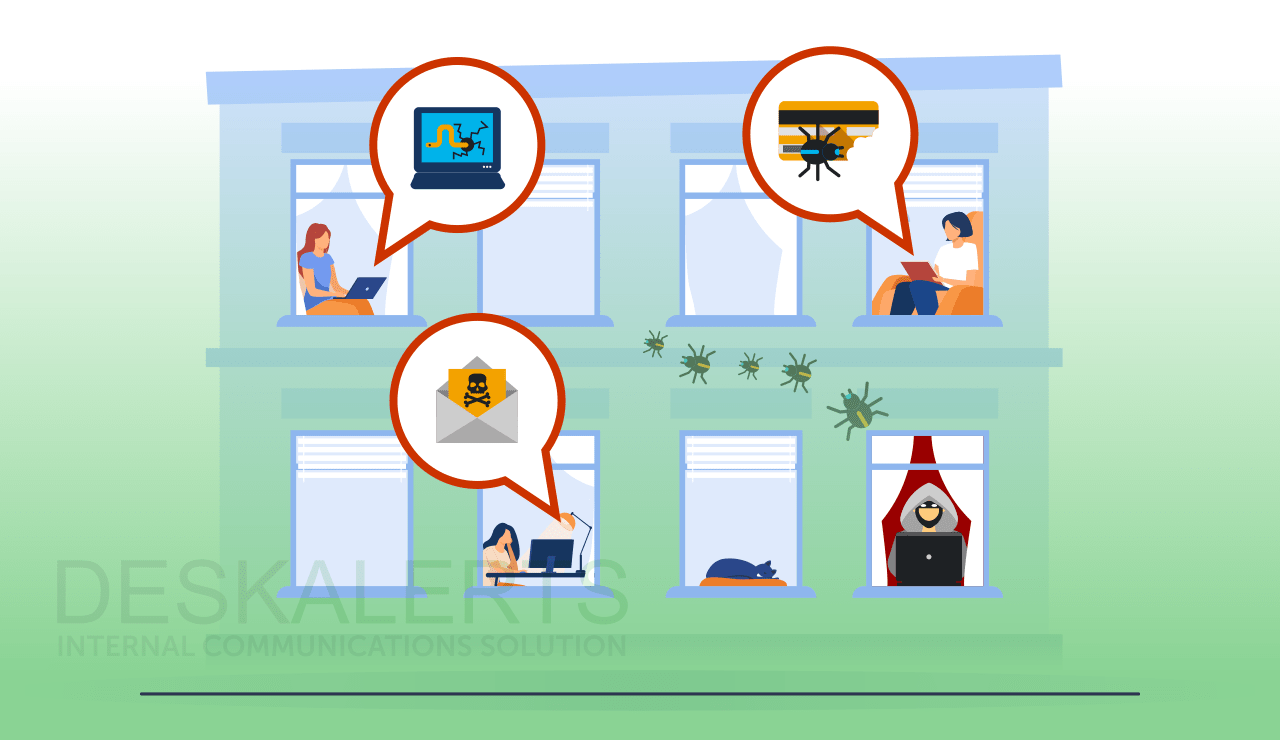In all aspects of life, communication is extremely important. Think back on all the times ineffective communication or miscommunication has made a negative impact on your life – whether it be in your relationship with your spouse, friends, children or even co-workers. Effective communication makes sure that relationships are made stronger instead of weaker. Proper communication allows everyone to be on the same page, and for things to be easier and flow a lot smoother. When communication is done correctly, you are able to get your point across and people are able to understand your message. Strategies for effective communication are then extremely important to make sure that interactions flow as smoothly as possible, and relationships are further strengthened.

When Do You Need to Be an Effective Communicator at Work?
The short answer to this question is: every single time. In as much as effective communication takes you a long way in your personal life, it too can take you a long way in your work and career. While we might not always be mindful of how communication affects our daily lives, it most certainly does. Therefore, it is important to prepare strategies for effective communication in the workplace. And while your message is of utmost importance, the way you communicate with your employees and staff also needs to be carefully tended to. Questions such as which communication tool you should use to get your point across, or how much information you should share should be taken into consideration.
How Do You Develop Your Communication Skills?
Developing your communication skills can take time – after all, not all of us are born to be natural communicators. Here are some strategies for effective communication you can opt for in order to further develop your skills:\
1. Get to know your audience.
Before relaying your message, make sure you know your audience and the best method in which to reach them. For example, if you want to communicate with your employees, which tool are they more likely to access majority of the time. You may discover that while you usually communicate through email, they may not check their inboxes a lot. Instead, you may find that the best way to reach your employees is through instant messaging. When you know which method to you, communication is more efficient and effective.
2. Remember that the message you relay may not always be the message that is received.
While we may have a message in mind, people don’t always interpret what we say the way we intend them to. A lot of friction and misunderstandings are brought about because of this, especially if the communication tool is digital – such as email or SMS – when tone of voice is absent. When this occurs, take a step back and make sure to clarify information face-to-face to avoid or lessen the intensity of frustration or friction.
3. Listen.
True communication isn’t one-way. One of the best strategies for effective communication is to be able to listen as it is to be able to speak. Actively listening to your employees speak is a significant part of communication. One mistake a lot of people make, however, is to think of what to say next while the other person is still talking. This lack of attention may lead to important information and details being missed.
4. Pay attention to your facial expressions and bodily gestures.
Even if you aren’t saying anything, your gestures and expressions are saying a lot. You are sending messages through nonverbal cues. Make sure to be aware of your expressions and gestures when you interact with other people. When communicating with your workforce, always make direct eye contact, give firm handshakes and stand or sit up tall and straight.
5. Get to the point.
Everyone in an organization is busy going about their tasks. Make sure that you get to the point when you are relaying information since people may not have a lot of time in their hands to go through a long-winded speech. Remember to be concise and clear so that you avoid confusion and frustration. Be direct about your expectations so that staff members are able to go about their work and produce the outcomes that you require.






